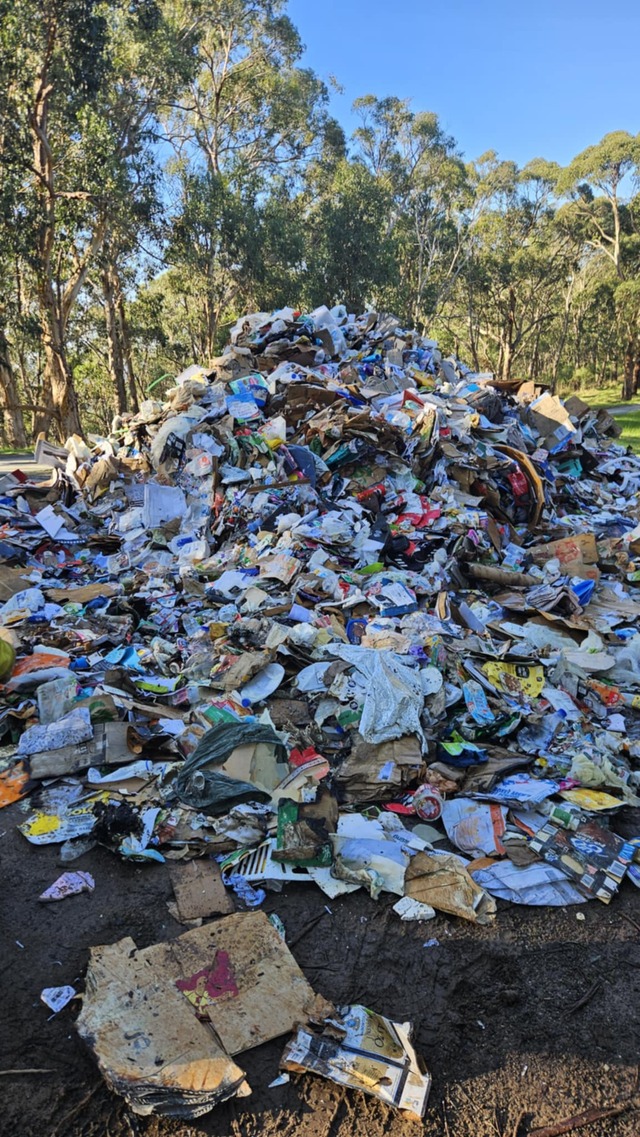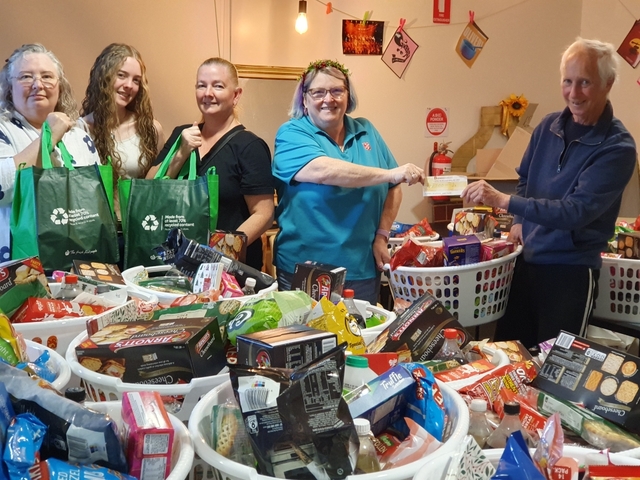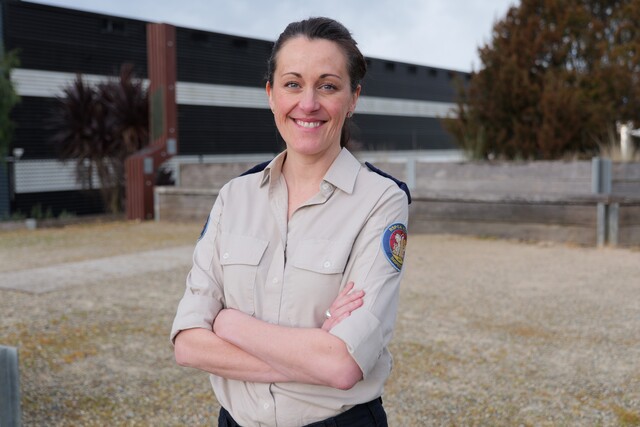The Australian Society of Ophthalmologists (ASO) is urging parents to consider buying their kids UV-blocking eyewear to protect them from harmful rays this summer.
While practical as the summer sun comes out, sunglasses also aid in the prevention of future vision impairment, with those under the age of ten considered high-risk to develop eye damage from UV radiation.
ASO Vice President and ophthalmologist Associate Professor Ashish Agar said this cohort are particularly sensitive to the effects of sun exposure as the lens of a child’s eye is clear and more vulnerable to solar penetration.
He said encouraging preventative eye health habits early could lessen the risk of serious vision conditions later in life, including cataract, with ongoing research questioning the role of sun exposure in cases of macular degeneration.
“Summer in Australia is a time when we get outdoors and see what nature has to offer with some of the world’s best beaches and environment parks literally on our doorsteps,” he said.
“What can often be overlooked when heading out and about, is that being ‘sun smart’ includes protecting our eye health — it is an issue that does not discriminate and touches all Australians.
“I see and treat many patients where sun damage has played a key role in the deterioration of eye health, so early education is crucially important to improve patient outcomes.”
Prof Agar said the sun safety slogan ‘slip, slop, slap’ is well known, unlike its expanded tagline that now includes ‘seek’ shade and ‘slide’ on your sunglasses.
“It’s essential that the generations of today and tomorrow understand the importance of eye safety and how it can safeguard their future sight — which you can start by gifting sunglasses this Christmas,” he said.
Prof Agar urged consumers to always check the label to determine the level of UV protection provided and not to be influenced by price tags when purchasing sunglasses.
“Sunglasses can be excessively expensive, but cost does not guarantee the level of UV protection. For suitable eye protection in Australia, always select and slide on close-fitting and wraparound style eyewear that meets the Australian and New Zealand Standard for sunglasses with a lens category of 2, 3 or 4,” he said.
“It’s important that eyewear is close-fitting and a wraparound style, as side light can result in unexpectedly high sun exposure levels for the eye, and don’t forget — for best practice when selecting headwear — a broad-brimmed hat will provide the optimum eye protection against reflected radiated rays.”







